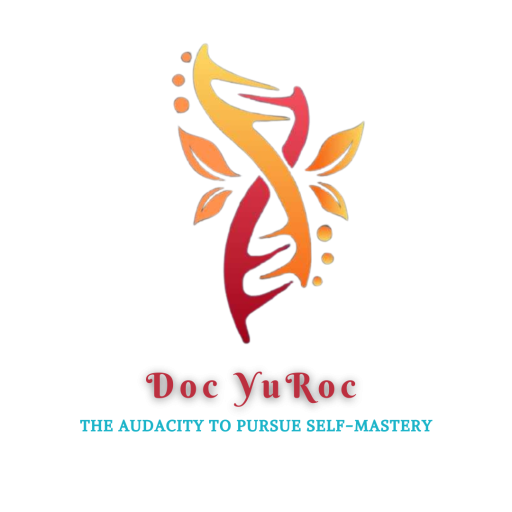Therapeutic BDSM
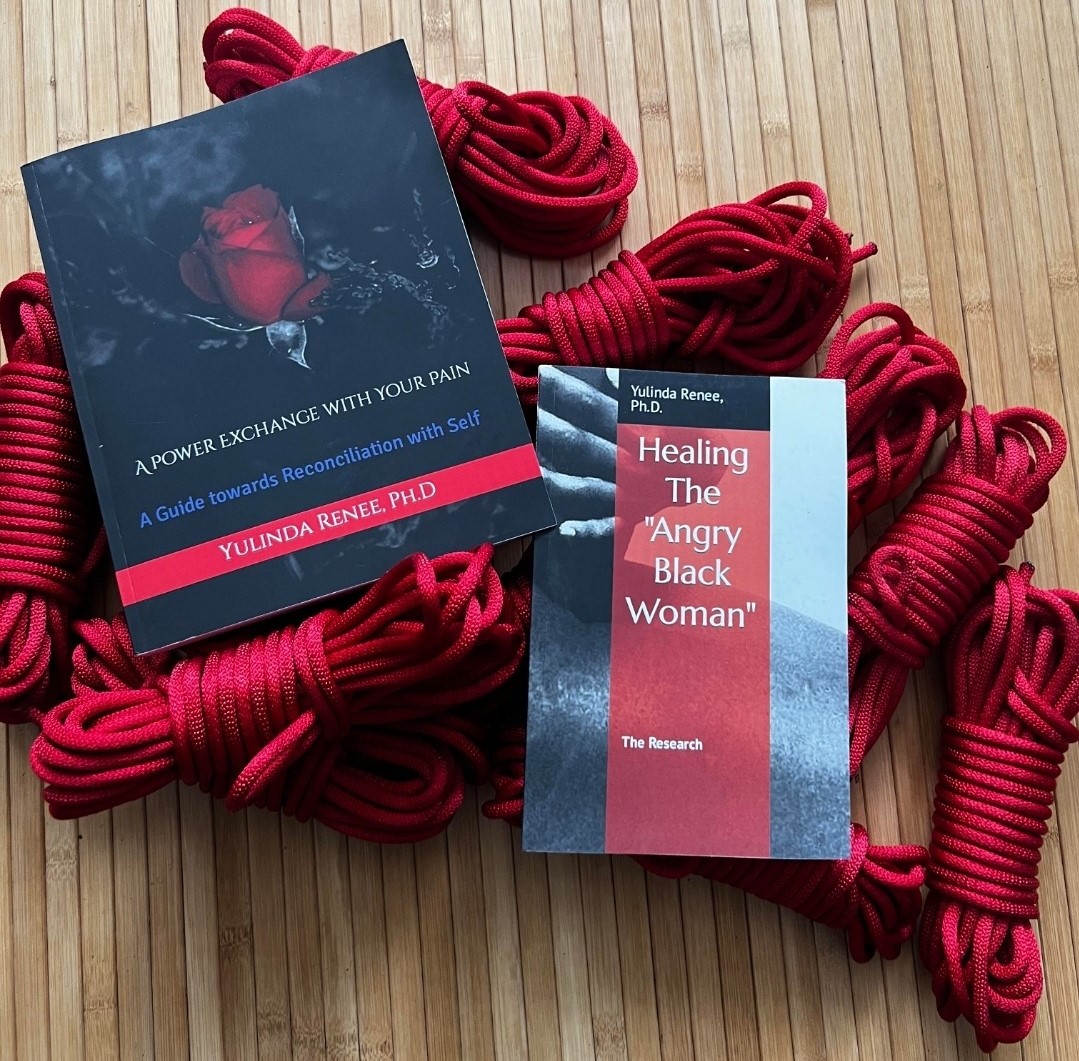
Dr. Yulinda Renee Rahman introduced the technique in her two books “A Power Exchange with Your Pain: A Guide Towards Reconciliation with SELF” and “Healing the Angry Black Woman: The Research.”
Therapeutic BDSM was not created by Dr. Rahman to be a standalone technique but was developed to be incorporated into her therapeutic modality and intervention Self Reconciliation Therapy.
Dr. Rahman has introduced the concept to colleagues and presented her research at prestigious universities and institutions. As a presenter at Adler University’s “Sex in the Windy City” Conference on September 29, 2023, Dr. Rahman discussed the potential healing properties of “therapeutic BDSM” as a form of somatic experiencing for individuals with a history of sexual trauma.
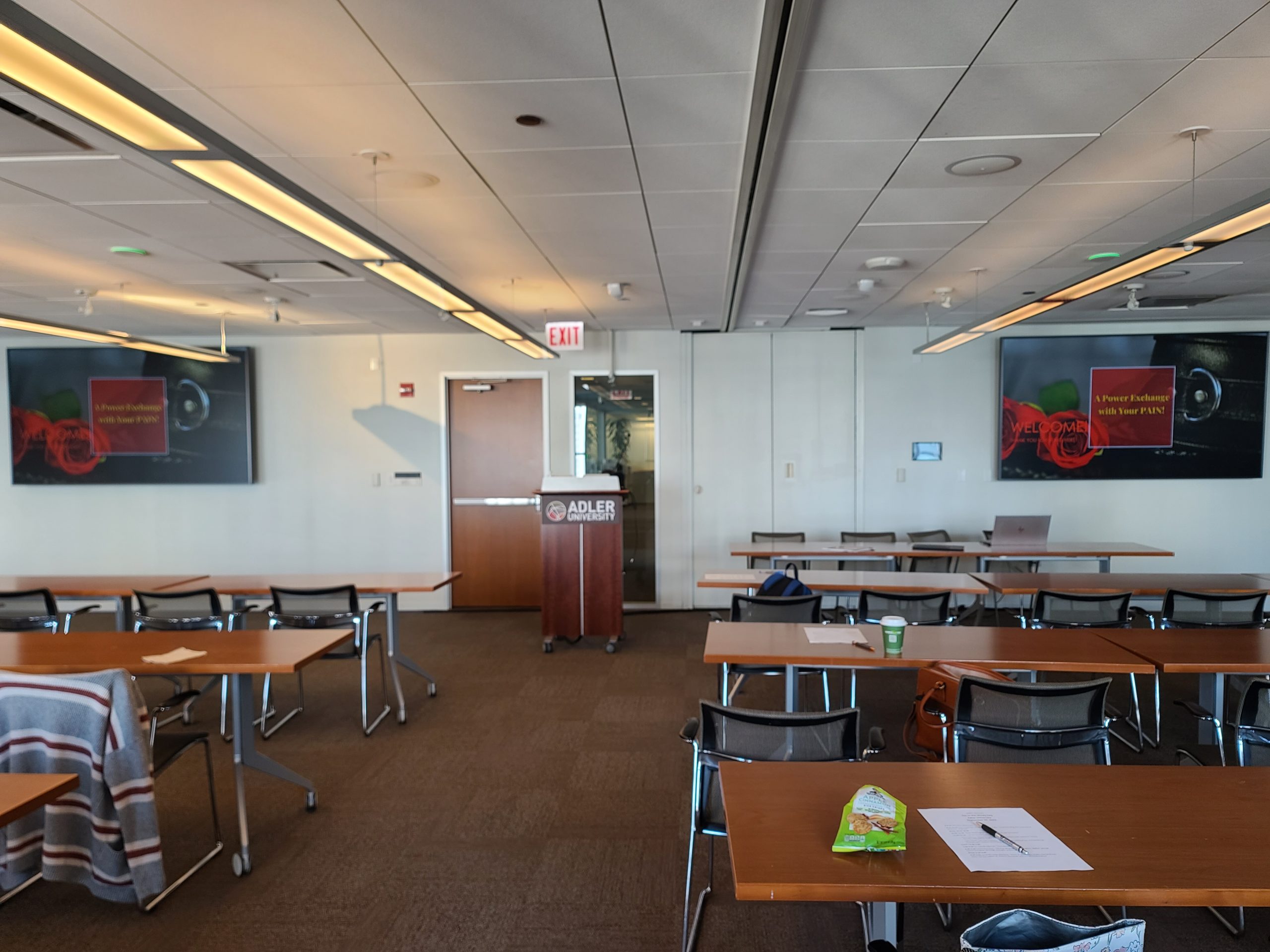
Therapeutic BDSM in THEORY
The concept of Therapeutic BDSM is still being explored, researched, and examined, for safety and ethical application and conversations are currently happening to offer Therapeutic BDSM as a viable option for alternative healing.
An aspect of BDSM that is being explored is the concept of entering into a power exchange with one’s pain. For individuals who have experienced sexual trauma, a loss of authority and control over their bodies often occurs. They are subjected to sensations and experiences that are not consensual. In such cases, engaging in a power exchange within a BDSM scene can offer an opportunity to reclaim power and assert control in a safe and consensual manner.
Through the manipulation of sensation, authority, and control, a power exchange scene allows participants to actively shape their experience based on their current needs and desires. It is a conscious decision to create a space where power dynamics can be renegotiated and re-established. This process empowers individuals to reclaim authority over their bodies, enabling them to navigate their healing journey on their terms.
The idea of BDSM being therapeutic has been legitimized by various scholars (Bauer, 2014; Ortmann & Sprott, 2013) and could be a viable option for those who have past trauma or abuse (Carlström, 2018; Weiss, 2011).
STEPPING STONES: THE BUILDING BLOCKS OF THE PROCESS
An alternative healing method
Therapetic BDSM delves into three types of power exchanges commonly found in BDSM dynamics and explore potential somatic experiences that can aid in the healing of trapped trauma within the body.
Building Trust
Trust is a fundamental element when engaging in somatic experiences that involve BDSM exercises. For individuals with a history of sexual trauma, trust can be a significant challenge. However, before embarking on this journey, it is crucial for the participants to establish trust within themselves, which Dr. Rahman Facilitates via her modality Self- Reconcilaion Therapy. Additionally, trust in the support system is essential, whether it be a partner, a kink-aware therapist, or a trained BDSM practitioner. Building trust ensures a safe and empowering environment for the healing process to unfold, which is why vetting is necessary.
A Crucial Consideration: Vetting
Vetting refers to the process of getting to know potential partners, discussing boundaries, desires, and expectations, and assessing compatibility before engaging in any BDSM activities. This crucial step helps establish trust, build rapport, and ensure that all participants are on the same page regarding their desires, limits, and consent.
Negotiation and Consent
Negotiation serves as a vital tool in the BDSM community, enabling individuals to discuss their desires, limits, and preferences with potential partners. It is an opportunity to openly communicate about roles, power dynamics, activities, and any specific kinks or fetishes that may be involved. Through negotiation, participants can establish a mutual understanding of what is desired, what is off-limits, and what may require additional discussion or exploration.
Professional Service Tops and Bottoms
As part of the triangulation process of therapeutic BDSM the clinician and client would work with vetted, trained professionals, not the client’s partner (if they have one).
Professional service Tops and Bottoms are practitioners within the BDSM community who offer their services and expertise on a professional basis. They provide various BDSM-related experiences, sessions, and services to individuals seeking exploration, personal growth, healing, or entertainment. Unlike traditional BDSM interactions, which may occur within personal relationships, professional service Tops and Bottoms offer their expertise and services on a professional basis, often in a paid capacity.
Being conscious of certain power exchange dynamics the clinician would need to be well-versed and comfortable with navigating this process with a client who is in a 24/7 D/s relationship.
TRIANGULATION METHOD: THE TEAM
Therapeutic BDSM posists “collaborative triangulation” as a potential clinical intervention for people with body-based trauma. The therapist, the client, and a vetted BDSM practitioner work collaboratively to negotiate a scene and create a space where the client can rescript their relationship with their trauma via the scene.
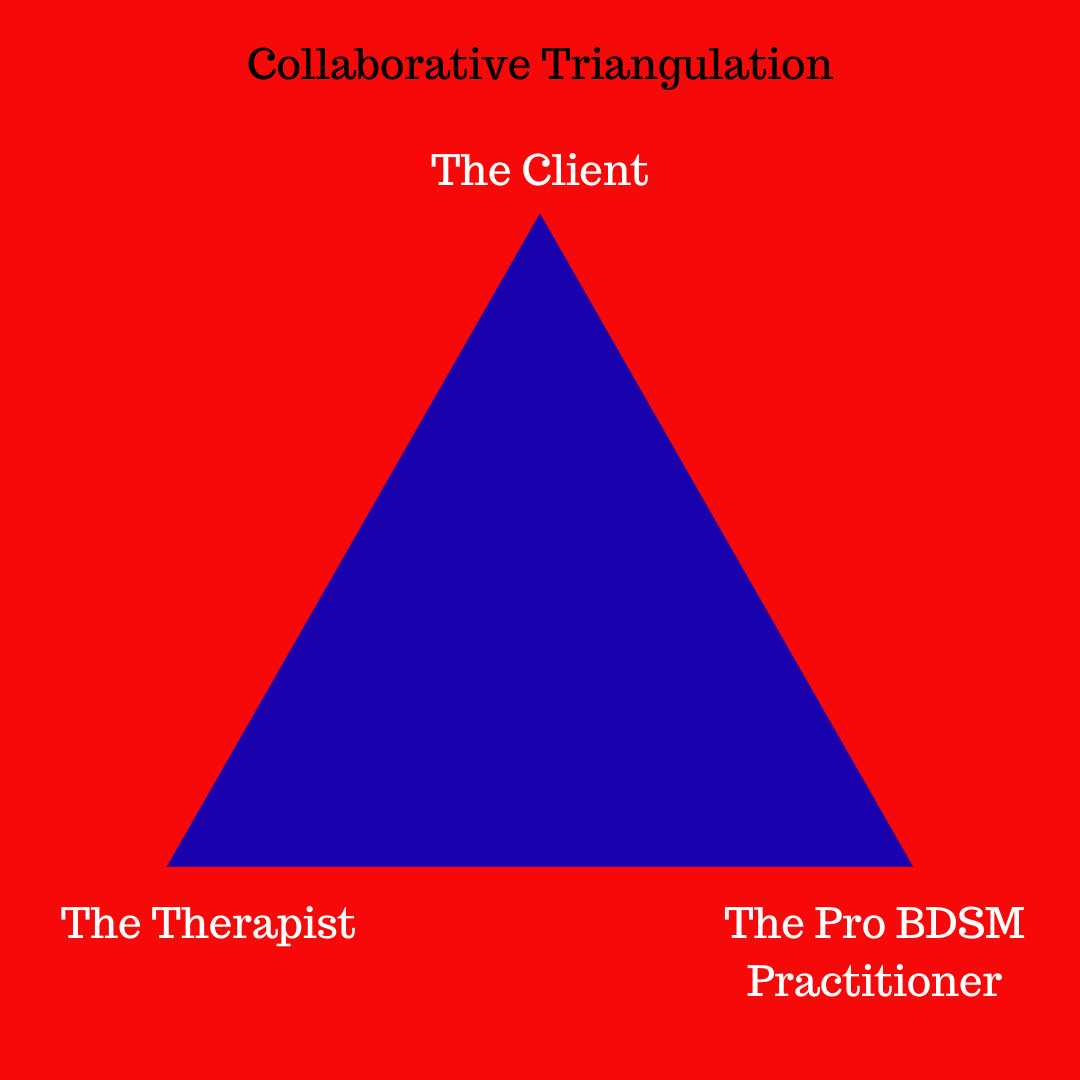
Comparable to psychodrama and an assisted “ketamine trip” the Therapeutic BDSM-trained clinician is present in the room for the pre-negotiated scene with the client and the vetted professional BDSM practitioner to hold clinical space during the scene, mitigate any triggers, aid in integration, monitor the scene itself, assist in aftercare and the client’s self-regulation.
Dr. Rahman teaching, speaking, sharing
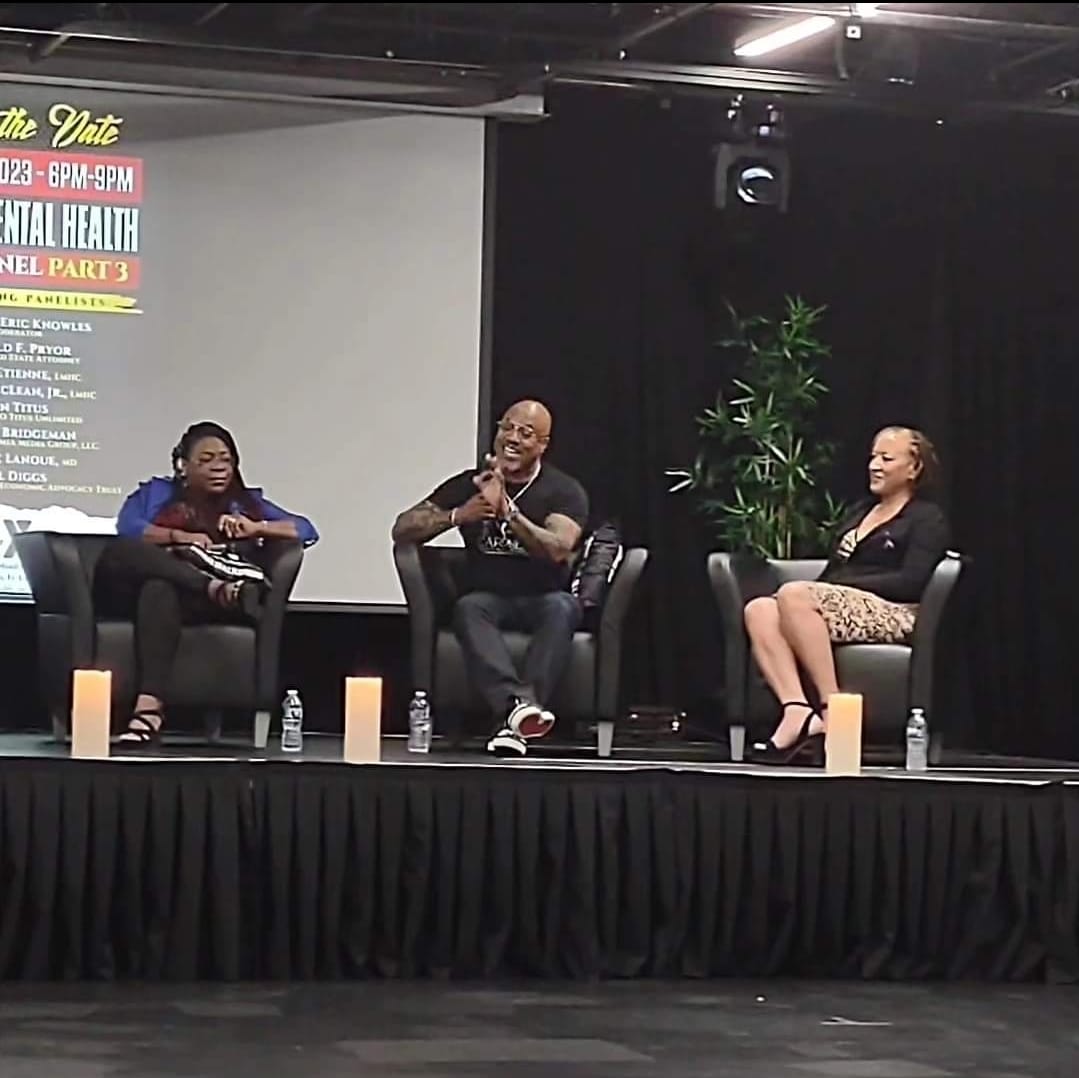
Email to connect
docyuroc@gmail.com

Curated Scenes/Solo Scenes
Dr. Rahman shares how therapeutic BDSM does not have to be done with somone else. She explores a Therapeutic BDSM solo scene in her book “A Power Exchange…”.

Our Parts Speak
Dr. Rahman discusses the integration of “parts work” into the Therapeutic BDSM scene, allowing for buried body based pain to be expressed.
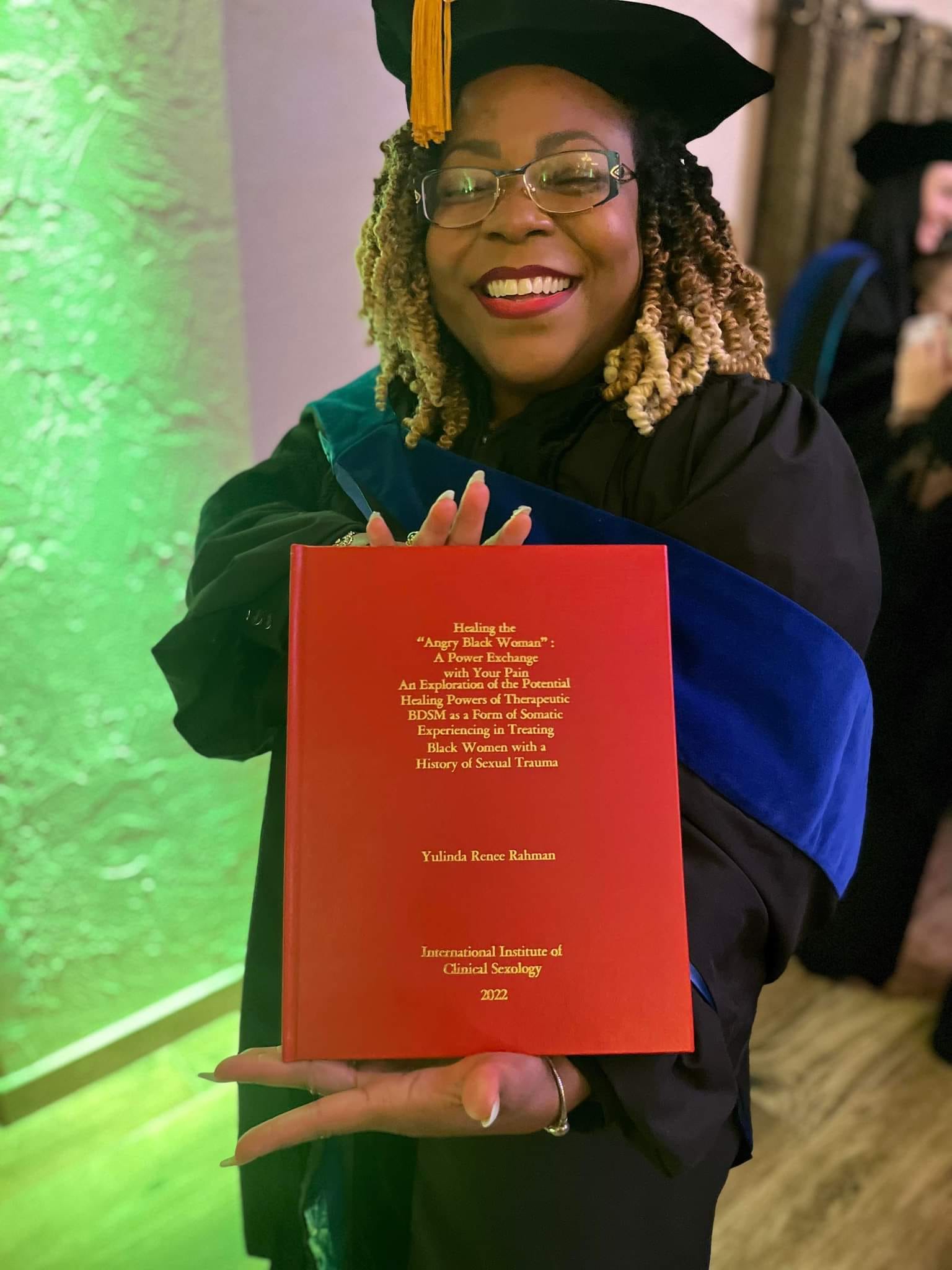
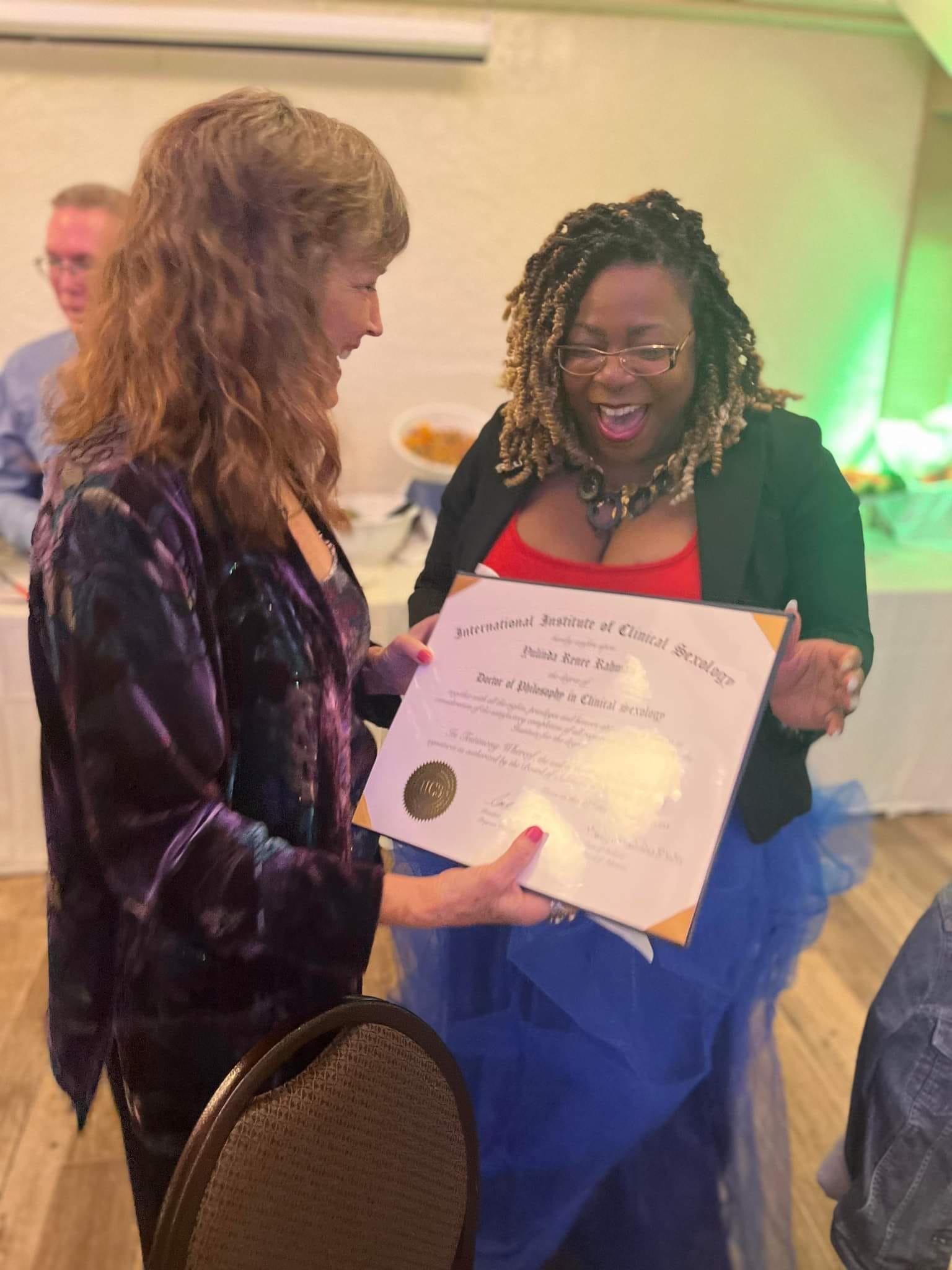
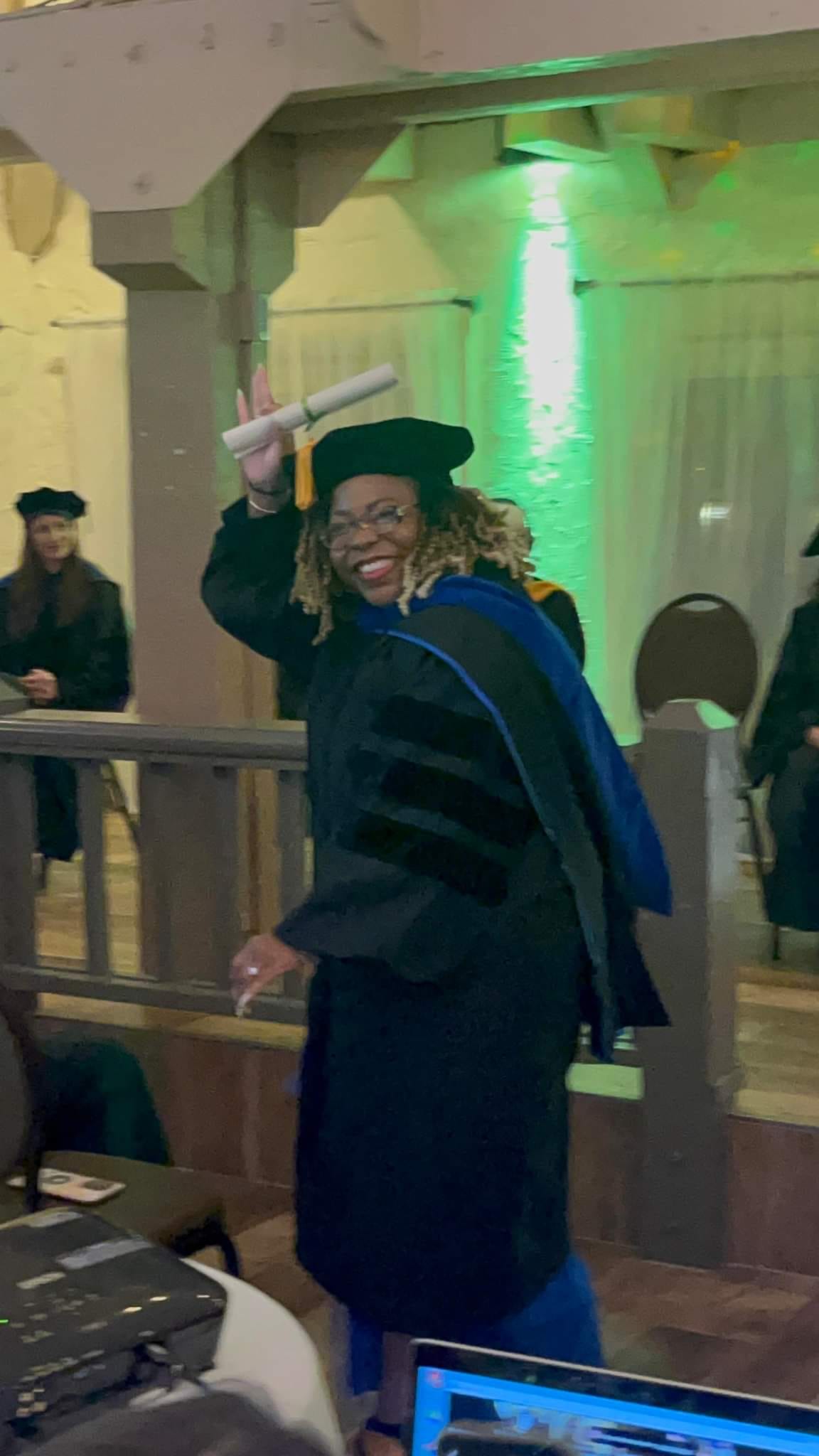
Upcoming Events
WORKSHOP: An Introduction to Therapeutic BDSM
Dr. Rahman introduces her research, therapeutic modality, and the concept of Therapeutic BDSM to clinicians who are interested in learning how to create space for clients who find BDSM healing. Happening March 29th @ 1pmCT
TRAINING: Self-reconciliation and Therapeutic BDSM in practice
A training on Self-Reconciliation Therapy, the triangulation method, the research being done on Therapeitc Kick/BDSM in practice, the ethical implications, and mitigating risks.
CERTIFICATION: Sexual Abuse
Sexual Abuse Certification Training for clinicians and other service providers interested in specializing in working with clients who have experienced sexual trauma. This is a 40hour certification beginning September 7th. More details to follow.
